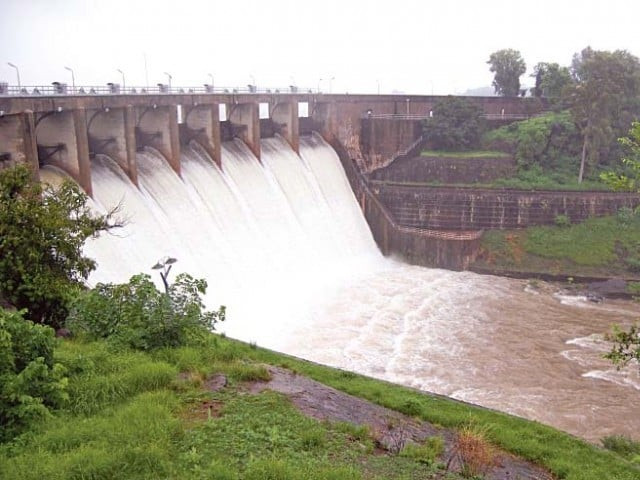Water crisis may soon hit major Pakistan cities
Experts stress the need for an effective groundwater management

PHOTO: EXPRESS
Stressing the need for urgent steps to avert such a crisis, he said: “Such measures need to be taken on a war footing … otherwise, a large section of Pakistan’s population, especially those living in Karachi, Quetta, Lahore and Islamabad, will face severe water shortages,” Ashraf told The Express Tribune after the concluding session of a sub-regional meeting of experts on groundwater management here.
India fails to stave off investment in Pakistan
The meeting was organised by PCRWR in collaboration with the United Nations Educational, Scientific and Cultural Organisation (UNESCO) and ECO Science Foundation (ECOSF) to discuss the alarming water situation not only in Pakistan but elsewhere in the region and its potential impacts.
The meeting focused on the UNESCO Tehran Cluster, mainly covering Afghanistan, Iran, Pakistan and Turkmenistan.
Experts attending the meeting will try to outline strategies for sustainable groundwater management in the region, particularly in Pakistan.
“In Pakistan, the water quality as well as its quantity are major issues, especially in major cities such as Karachi, Quetta, Lahore and even in Islamabad,” said Ashraf, adding that rapid population growth, urbanisation, deforestation and lack of awareness about the importance of water are major causes for the emergence of this crisis.
Experts expressed concern over the alarming water situation in the region and agreed that if even a single town in any of these countries was facing an acute water shortage, it was a major threat to the entire region.
Dr Shahbaz Khan, the Regional Director of UNESCO’s Jakarta office, stressed the need for a plan for development, devising new policies and regulations for net recharge management, for enhancing water productivity by doubling crop yields and halving input of groundwater, making Pakistan a regional agricultural power.
CCI nod to national water policy on the cards
Vibeke Jensen, the Director of UNESCO Islamabad, said that an effective groundwater management in the regional context was crucial for Agenda 2030.
Fazal Abbas Maken, Secretary of the Ministry of Science and Technology, said that availability, accessibility and affordability of clean water on sustainable basis were essential for the region.
“Water management is a trans-disciplinary issue and can be solved by involving all stakeholders and also by educating the end users,” he added.



















COMMENTS
Comments are moderated and generally will be posted if they are on-topic and not abusive.
For more information, please see our Comments FAQ